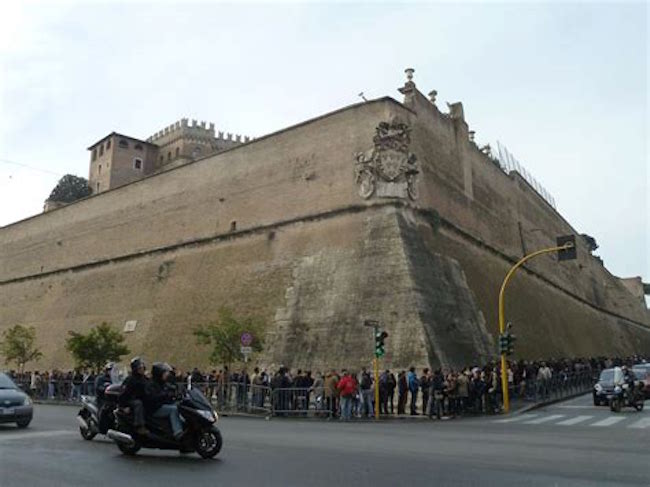The new scribes and scholars of the Law by PETER KWASNIEWSKI for Life Site News
If Christians in earlier centuries were perhaps too quick to label ‘heresy’ any opinion they couldn’t immediately recognize as familiar and to brand as a ‘heretic’ anyone with whom they disagreed, today we are vastly too elaborate and slow in pegging as heresy an opinion at variance with Scripture or Tradition, or identifying as a heretic someone who manifestly is one.
Many think that the idea of a pope being overturned for heresy is utterly unthinkable. Yet it is the sort of scenario that was patiently and thoroughly discussed by many of the greatest theologians of Catholic tradition, especially during and after the Great Schism, and even more during the Reformation period. The possibility of a heretical pope and how to resist him has been discussed quite a bit in former centuries.
Case study: the Portuguese Jesuit Francisco Leytam (1631–1716) dedicated to Cosimo III de Medici an enormous tome entitled The Impenetrable Shield of the Dignity of the Papacy (in the original: Impenetrabilis Pontificiae Dignitatis Clypeus). It had all the usual recognitions and permissions for publication. A digitized copy is available on Google Books.
This treatise dedicates a considerable section to how a heretical pope is deposed. In Section IX, §§77 (link here) Leytam considers the case in which the elected pope “does not respect the Sacraments or does other things contrary to the definitions of faith made either by Councils or by other popes preceding him” [ne observarentur Sacramenta, & ut aliquid fieret contra definitiones de fide tam in Conciliis, quam extra, ab aliis Pontificibus antecessoribus factas].
Leytam argues, citing authorities, that in this case “he may be deposed by the Church” [potest deponi ab Ecclesia]. The reason he furnishes is worth careful attention:




